From July 27 to August 6, 2025, one of the most picturesque corners of Vayots Dzor, the Lucy Tour Resort in the Yeghegis Gorge, was transformed into a unique hub of academic and intercultural exchange. Here, the Annual International Summer Academy, one of the flagship educational initiatives of the Community Development NGO, brought together around 40 participants from Armenia, Germany, France, and Georgia.
Organized in cooperation with the Faculties of Theology of Yerevan State University (YSU) and the University of Münster (Germany), the Academy fostered a rich, multi-layered environment for learning, research, and cultural interaction, encouraging the exchange of knowledge and expertise.
This year’s theme, “Historical Narratives and current challenges: Culture, Religion and Society of Armenia,” encompassed a wide range of topics, including history, culture, sociology, peacebuilding, theology, and religious studies. The program was comprised of lectures, seminars, analytical discussions, and study visits, providing participants with in-depth and comprehensive perspectives on the subjects at hand.
The Academy opened with a welcome and blessing from His Grace Archbishop Abraham Mkrtchyan, Primate of the Vayots Dzor Diocese of the Armenian Apostolic Church. He provided an overview of the current situation in Armenia and the region in the aftermath of the recent Artsakh war and the forced displacement of the Artsakh Armenians.
Renowned local and international scholars and experts delivered lectures, including: Prof. Dr. Regina Elsner (University of Münster), Dr. Harutyun Harutyunyan (YSU), Prof. Dr. Tessa Hofmann (Humboldt University, Berlin), Prof. Dr. Daniel Cyranka (University of Halle), Dr. Dagmar Heller (Institute for Ecumenical Research, Bensheim), Dr. Doris Günther-Kriegel (University of Halle), Prof. Dr. Ulrich Heckel (University of Tübingen), Dr. Shushan Khachatryan (Armenian Genocide Museum-Institute), Dr. Armine Melkonyan (Matenadaran, Mesrop Mashtots Institute of Ancient Manuscripts), Dr. Sevak Ghazaryan (Paruyr Sevak House-Museum).
Their presentations explored historical events and their relevance to contemporary realities, examining in depth the interaction of religion, culture, and society within both regional and global contexts.
As part of the program, a meeting was also held with representatives of the EU Mission in Armenia, during which participants discussed the region’s security situation and prospects for establishing lasting peace.
Local specialists also played a significant role. Fr. Hovhannes Matevosyan shared his experience as a military chaplain and parish priest, emphasizing the role of spiritual leadership in public life. Dr. Ghazaryan presented the work of Mashtots Publishing House and its contribution to the advancement of Armenian studies and theology. Dr. Khachatryan spoke on theological interpretations of the Armenian Genocide, underlining their relevance and importance today. Dr. Melkonyan traced the history of Armenian manuscript collections from the 5th century to the present, stressing their role in preserving national identity and collective memory.
Discussions centered on the re-evaluation of historical memory, the role of religion in political and military conflicts, the psychological and societal consequences of the loss of Artsakh, and priorities for building a culture of peace. Sessions were highly interactive, fostering active Q&A exchanges and direct dialogue between participants and lecturers, which deepened understanding of the topics.
The Academy stood out for its ecumenical and intercultural character. The diversity of cultural backgrounds and worldviews among participants and speakers enriched the exchange of ideas and values. Many new friendships were formed, laying the groundwork for future academic collaborations and joint educational initiatives.
Alongside the lectures, participants took part in cultural and educational excursions to significant historical and spiritual landmarks in Armenia, including: Noravank Monastery, Areni-1 Cave, Zorats Church, Medieval Jewish Cemetery, Lake Sevan, Noratus Historical Cemetery, Armenian Genocide Memorial and Museum, Matenadaran-Institute of Ancient Manuscripts. These visits were not only of scholarly and cultural value but also carried profound spiritual significance.
The Academy concluded with a warm and memorable farewell dinner, where participants received certificates presented by Dr. Pargev Barseghyan, Acting Dean of YSU’s Faculty of Theology. The final day became both an official closing of the program and an emotional farewell filled with gratitude, inspiration, and hopes for continued cooperation.
The Annual International Summer Academy was made possible through the support of long-standing partners Brot für die Welt, Renovabis, and the Working Group Recognition – Against Genocide, for the International Understanding Foundation. This initiative once again reaffirmed the shared vision of the Community Development NGO and its partners: to contribute to the formation of a new generation guided by knowledge and strong values.
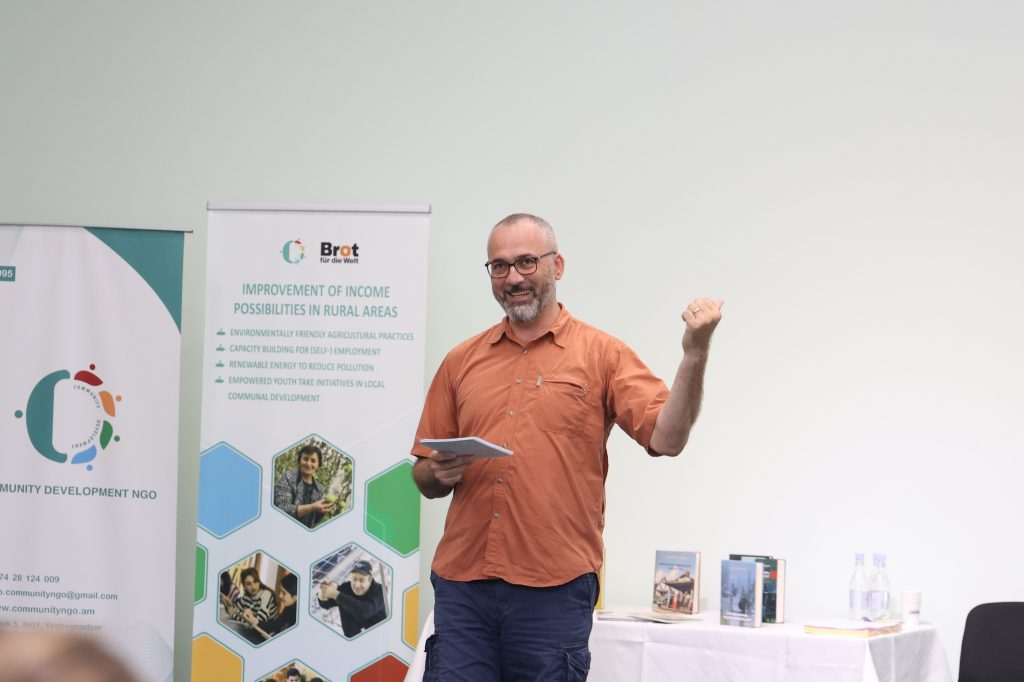
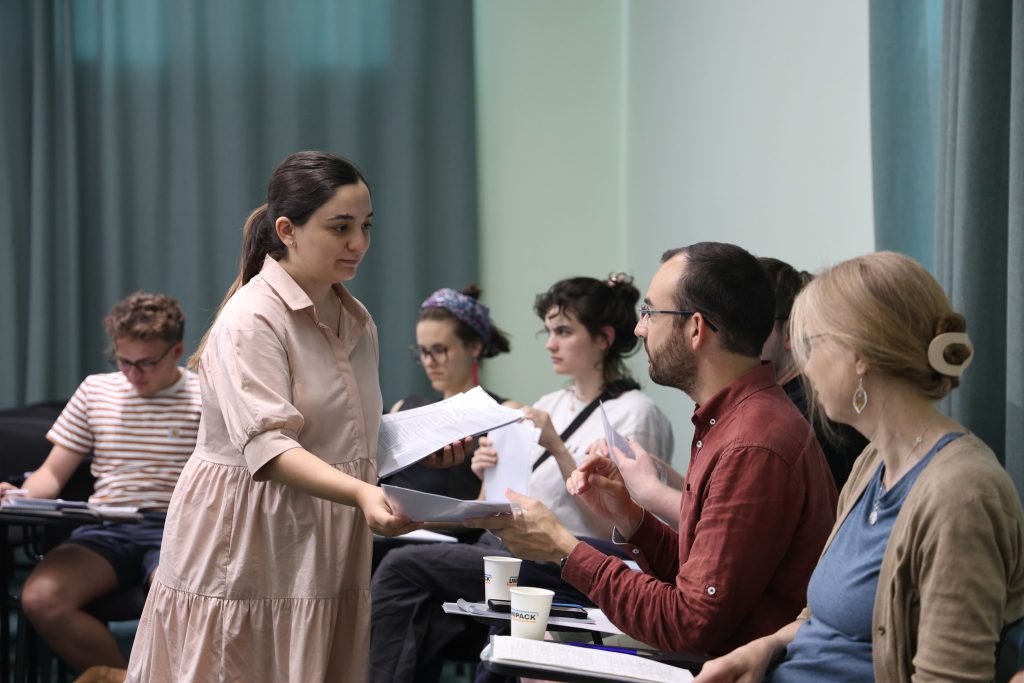
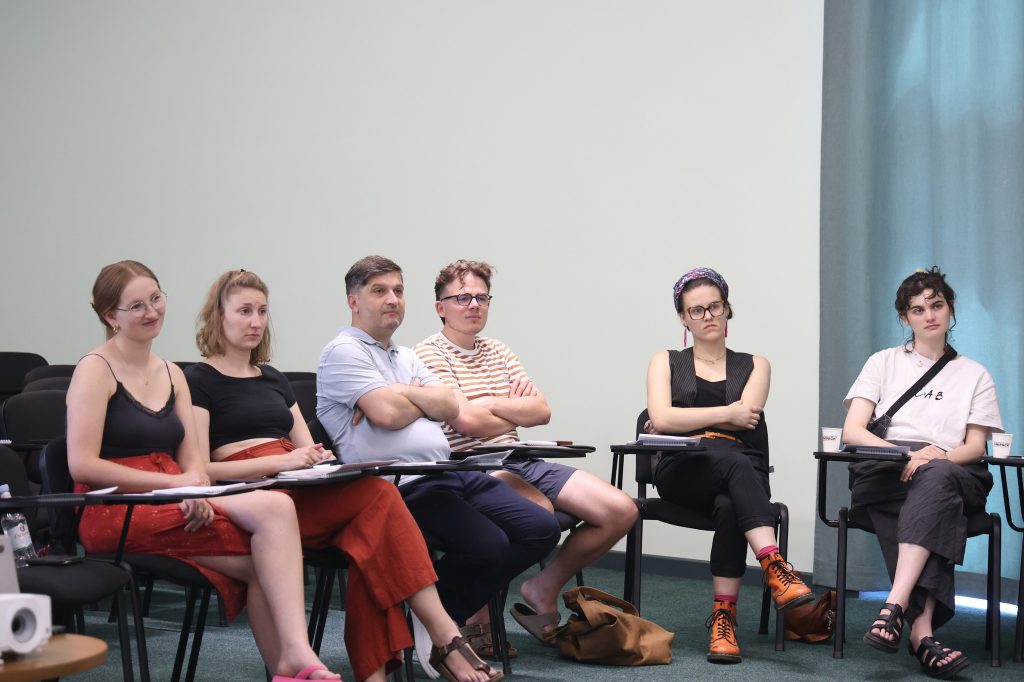
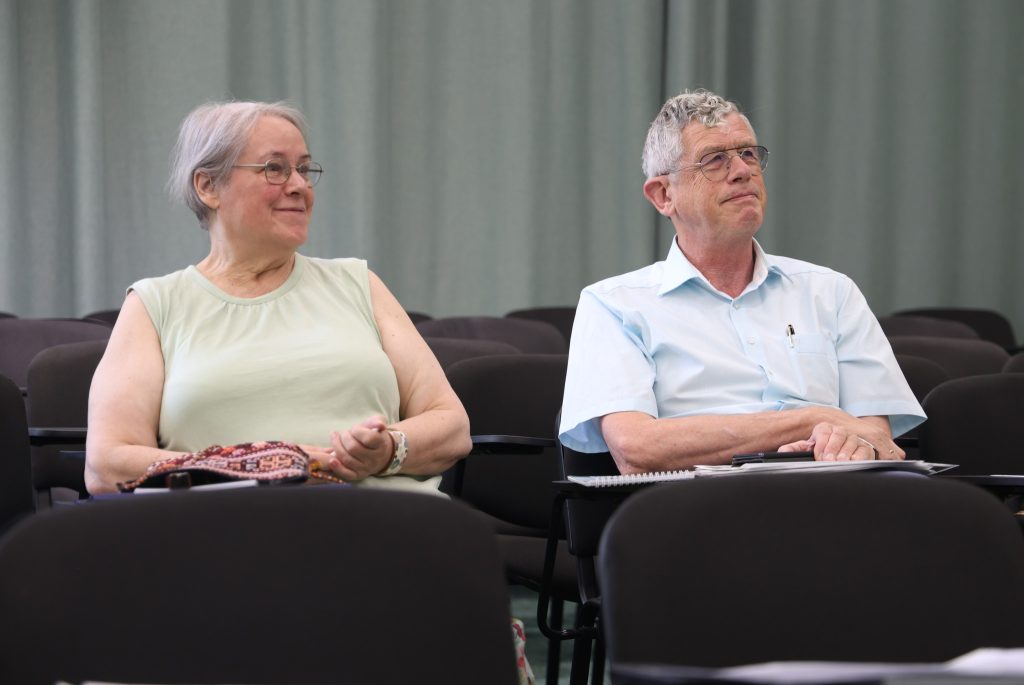
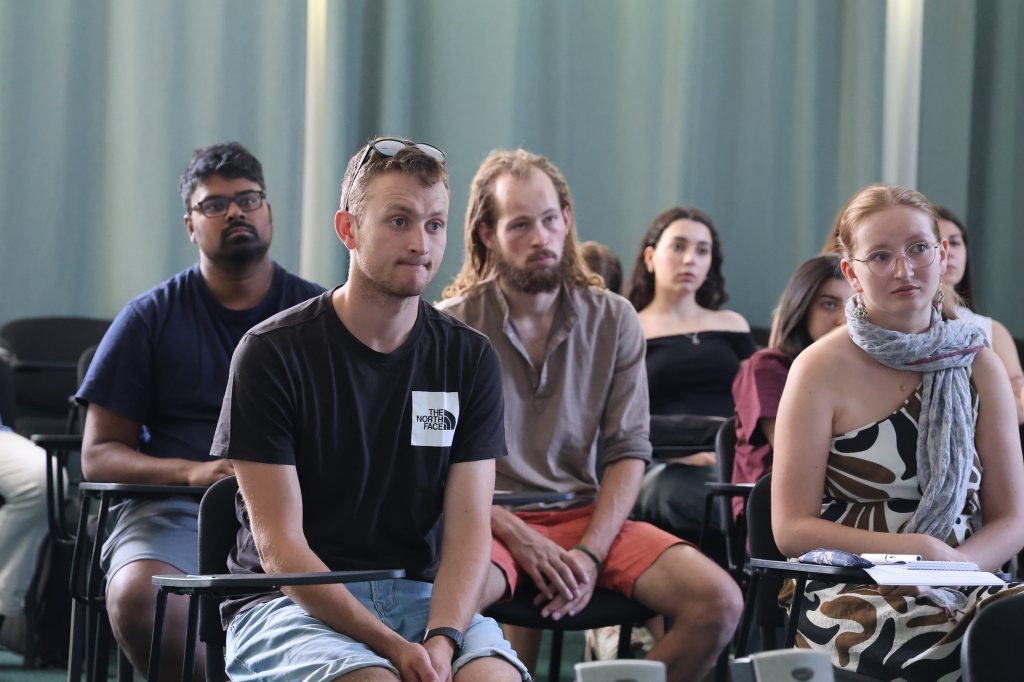
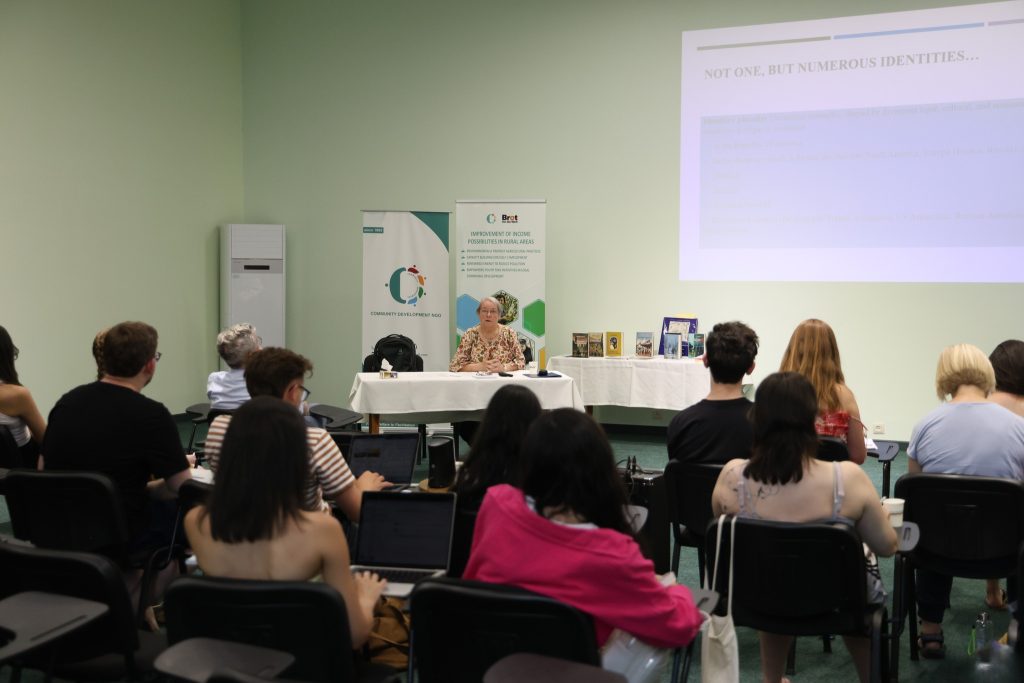
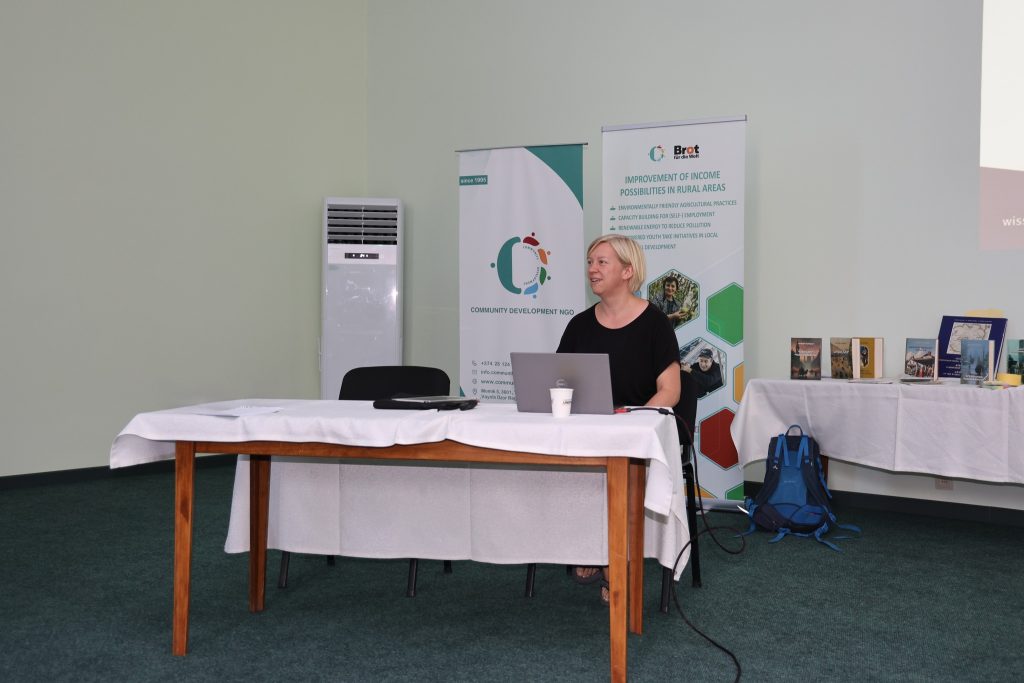
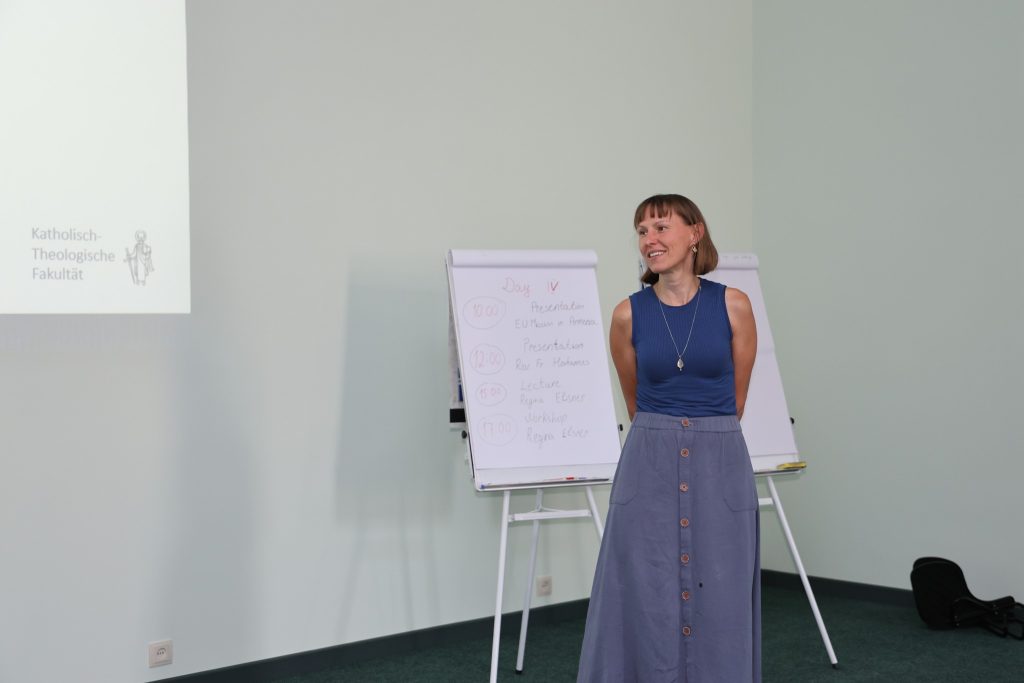
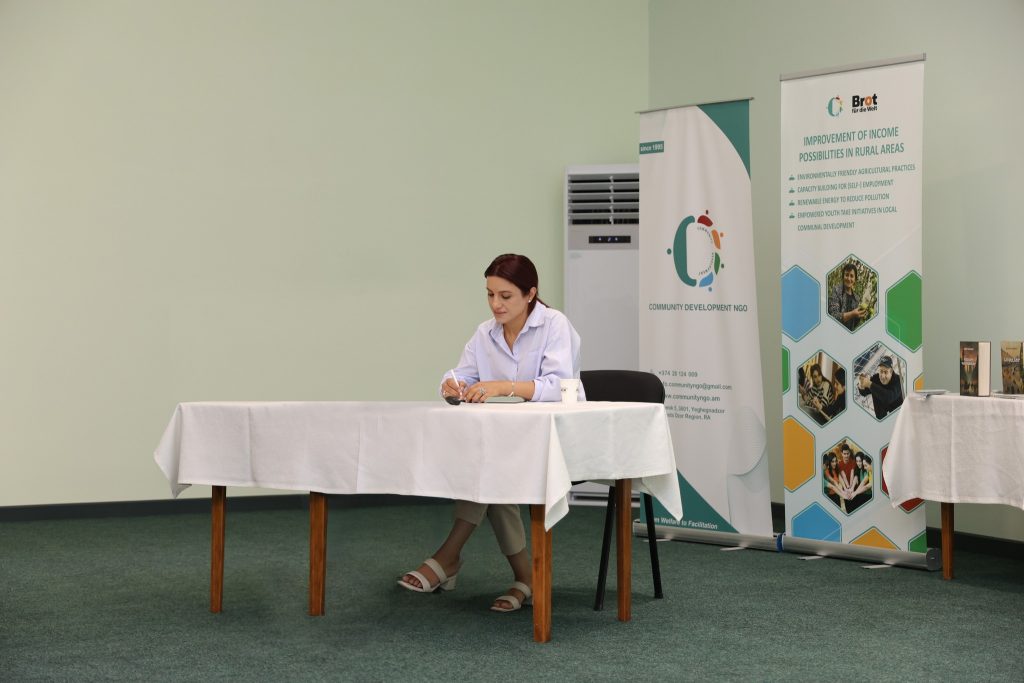
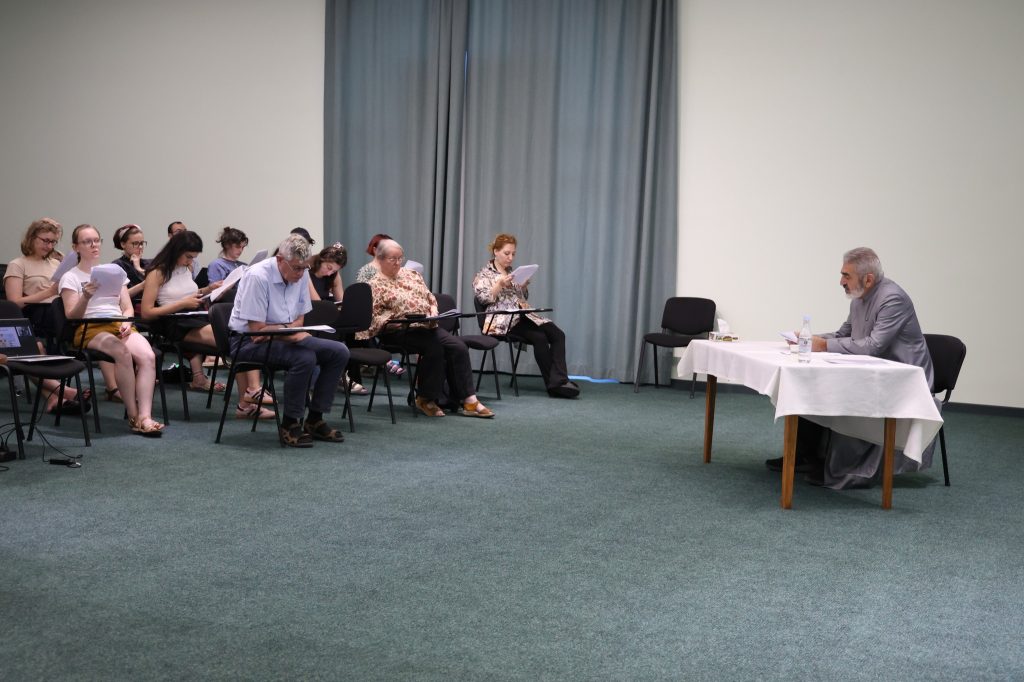
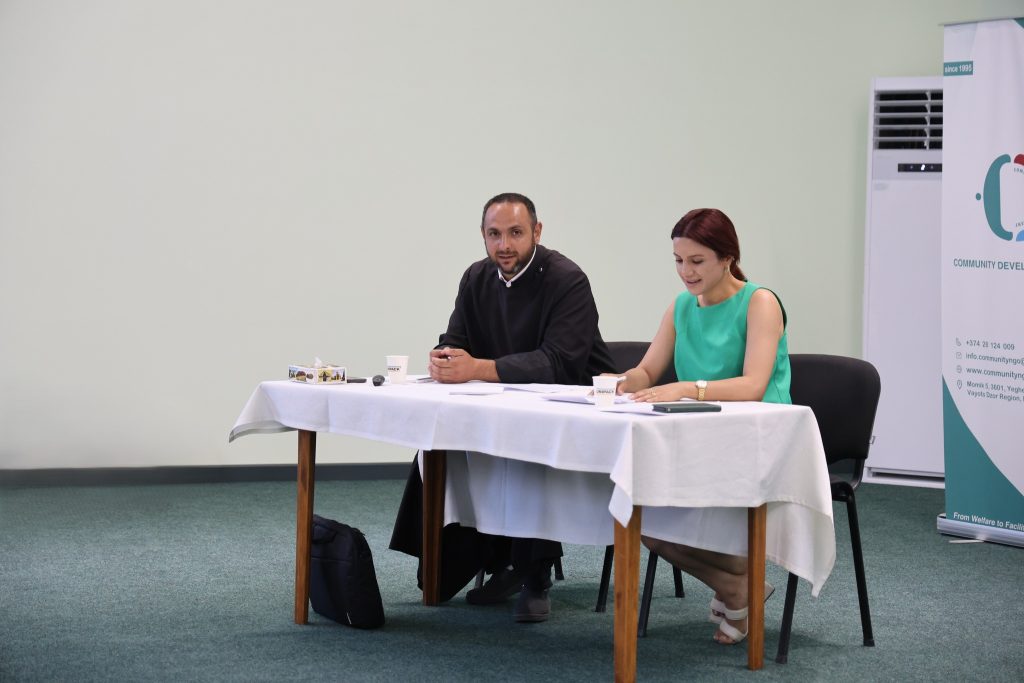
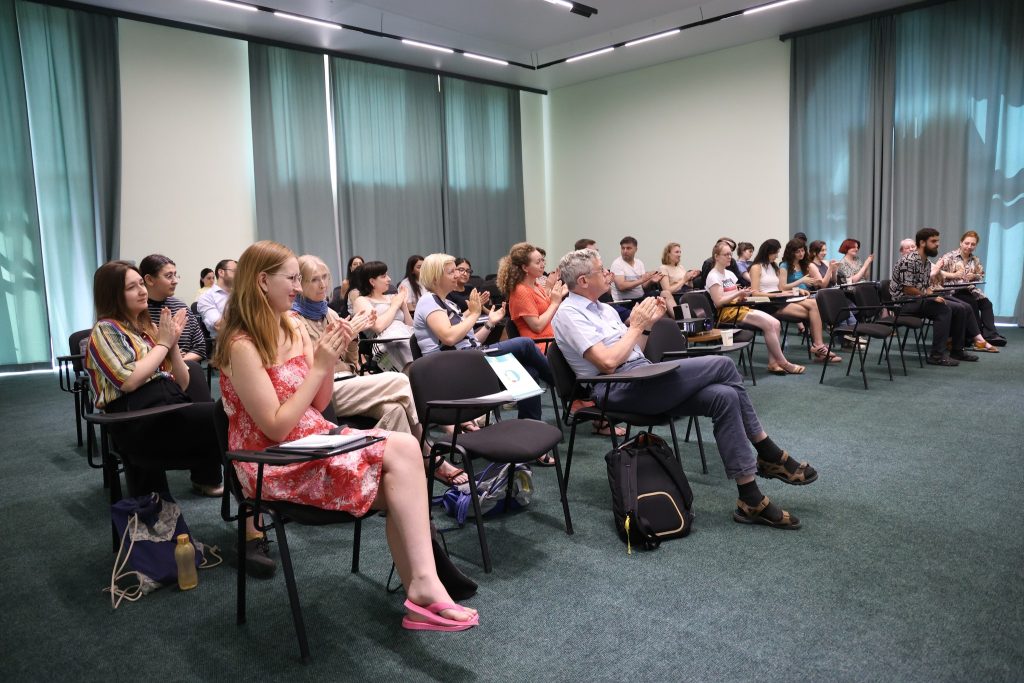
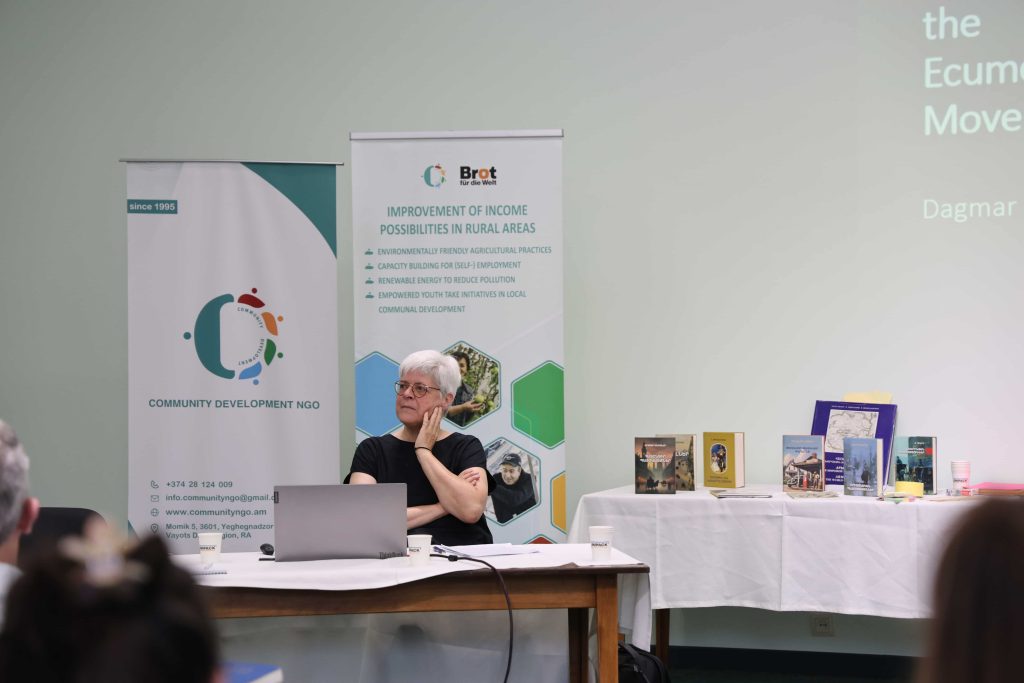
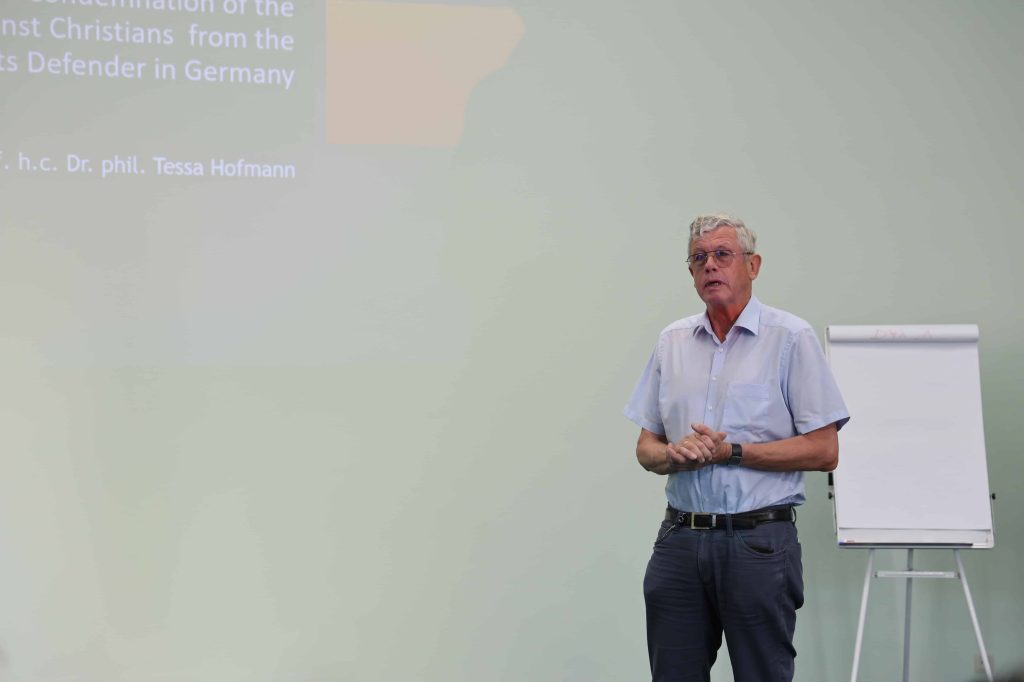
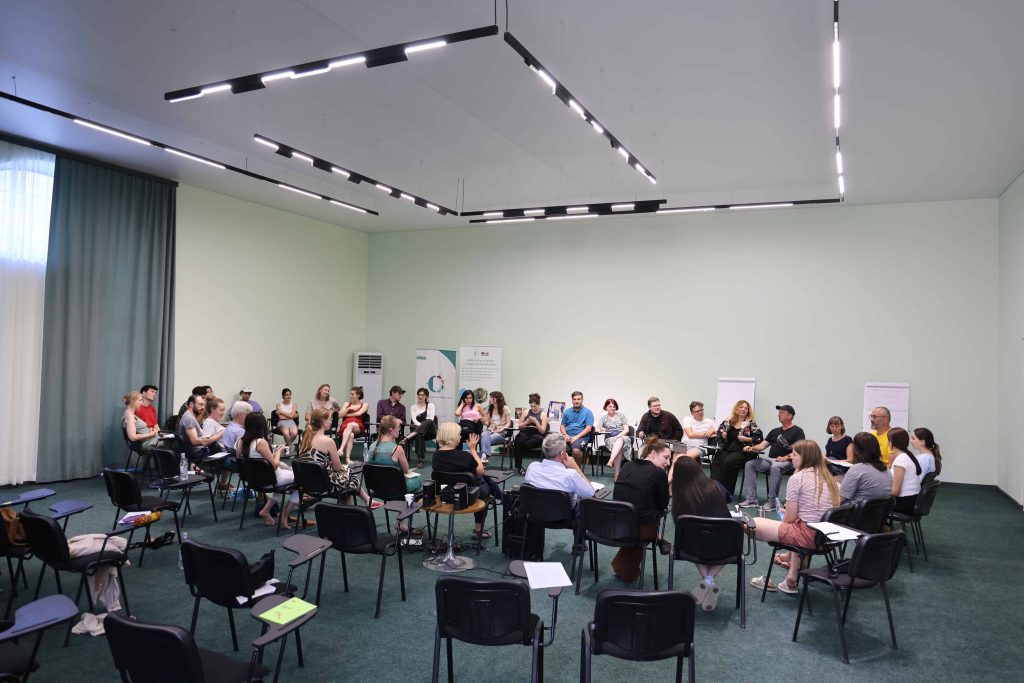
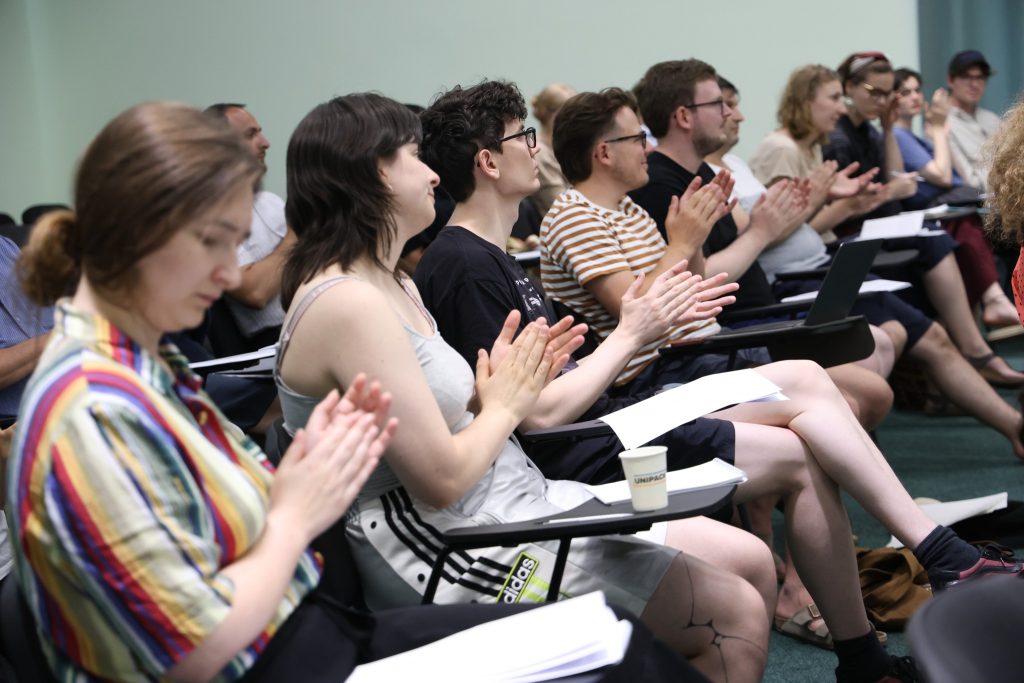
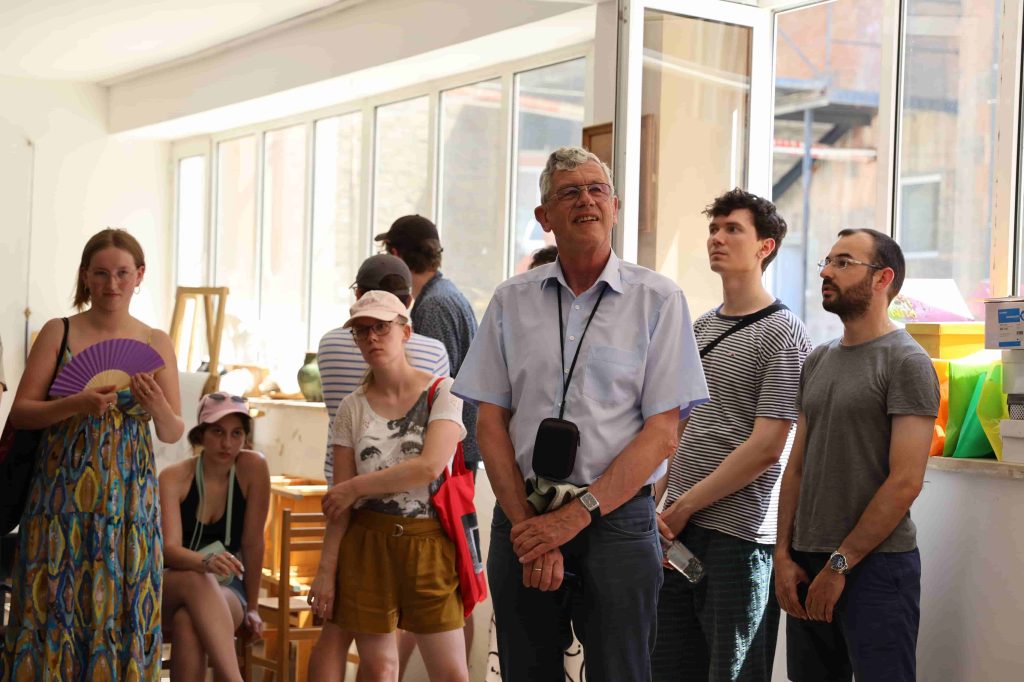
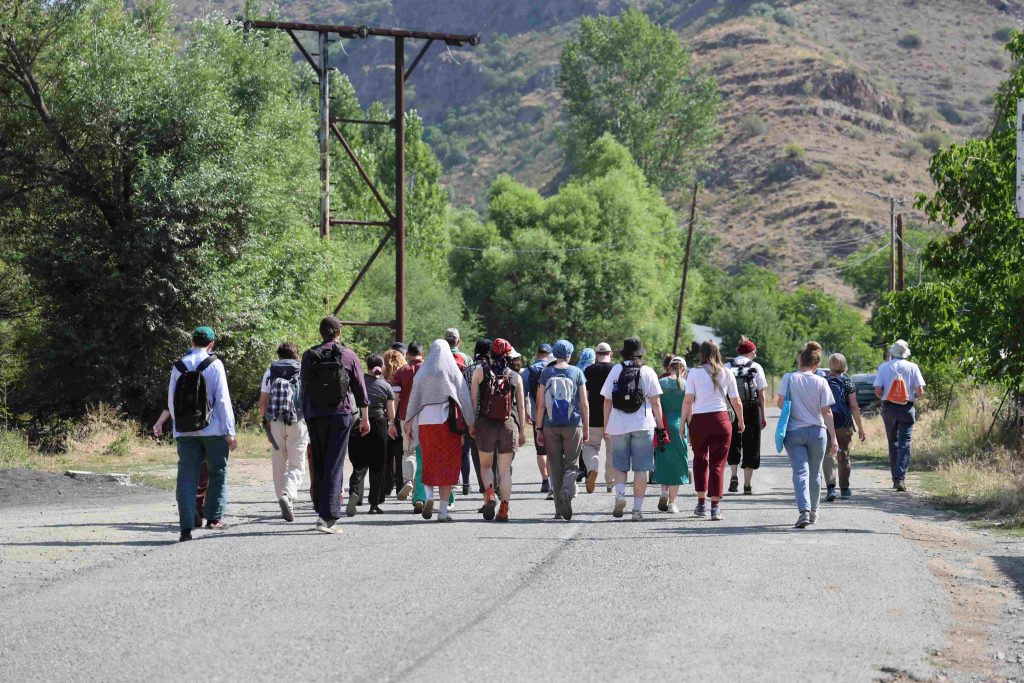
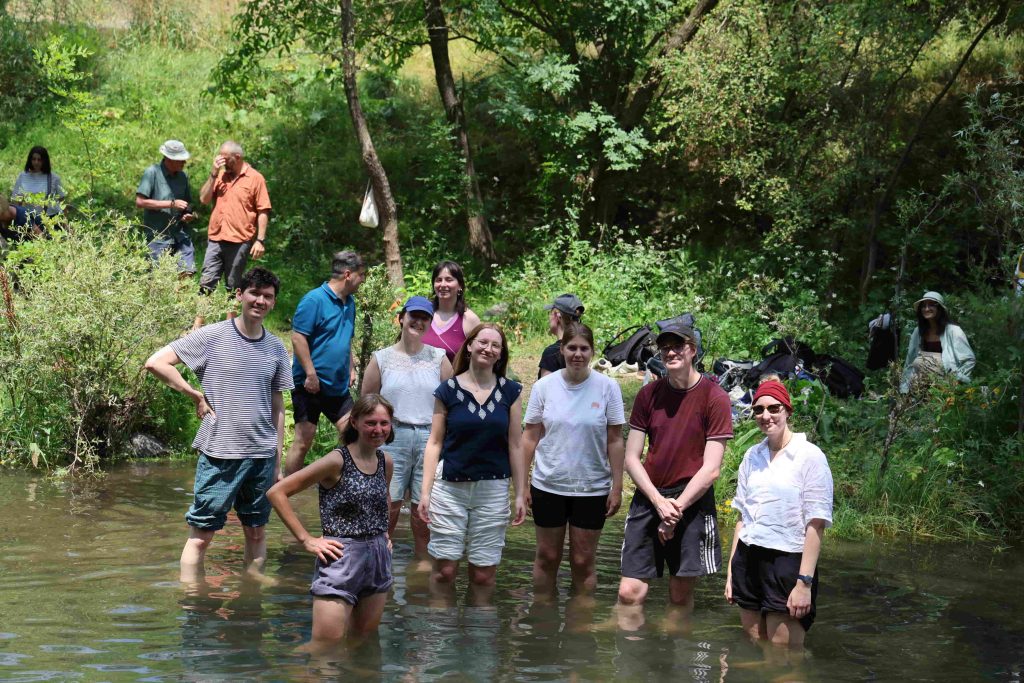
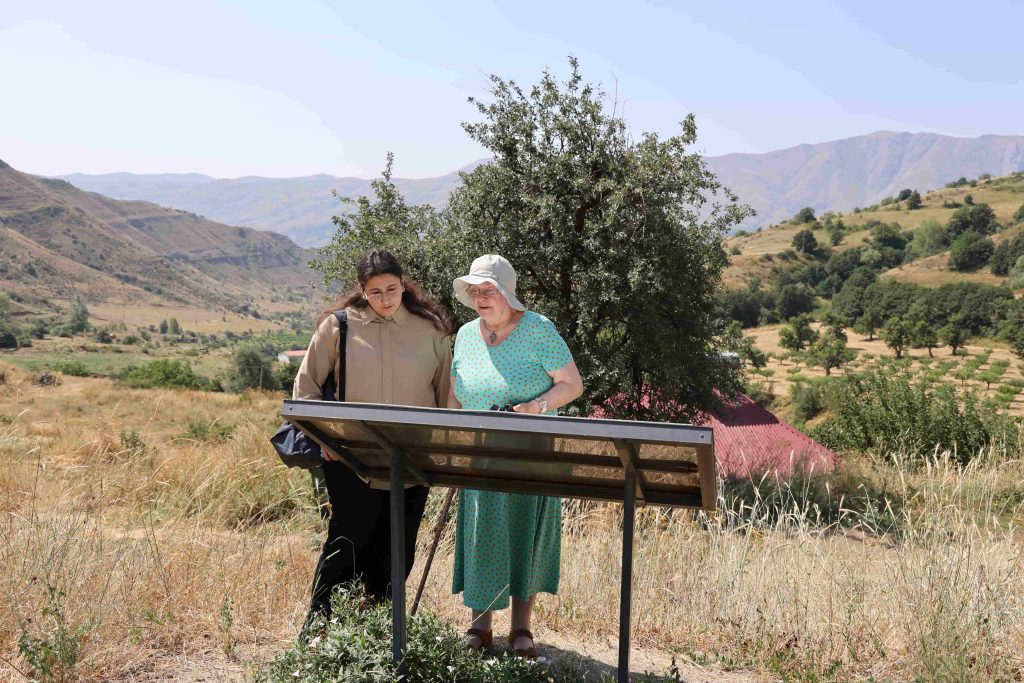
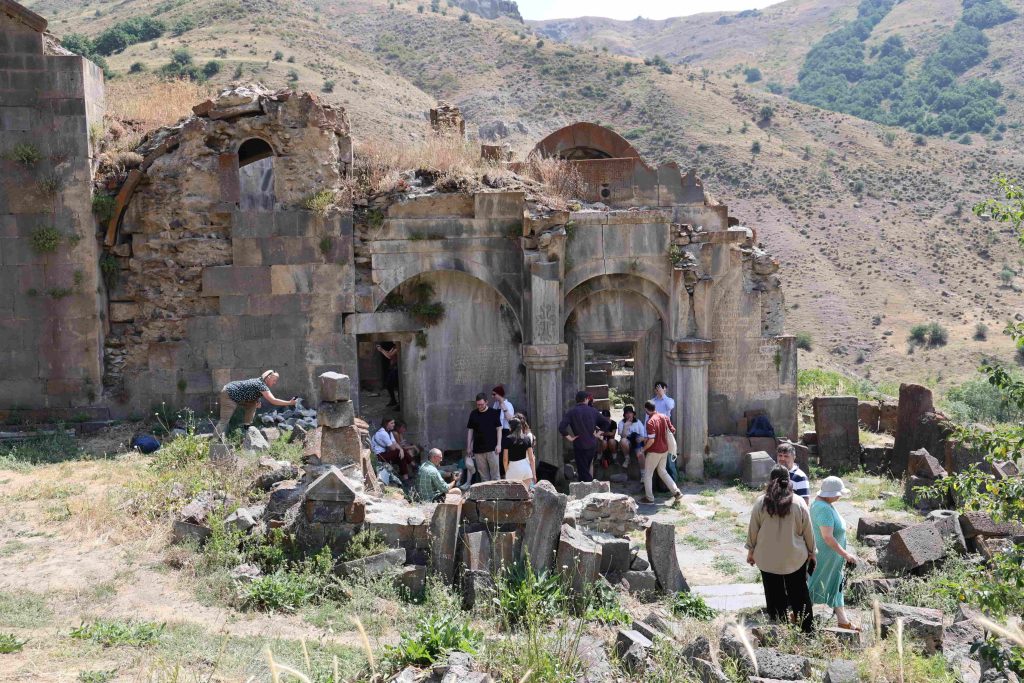
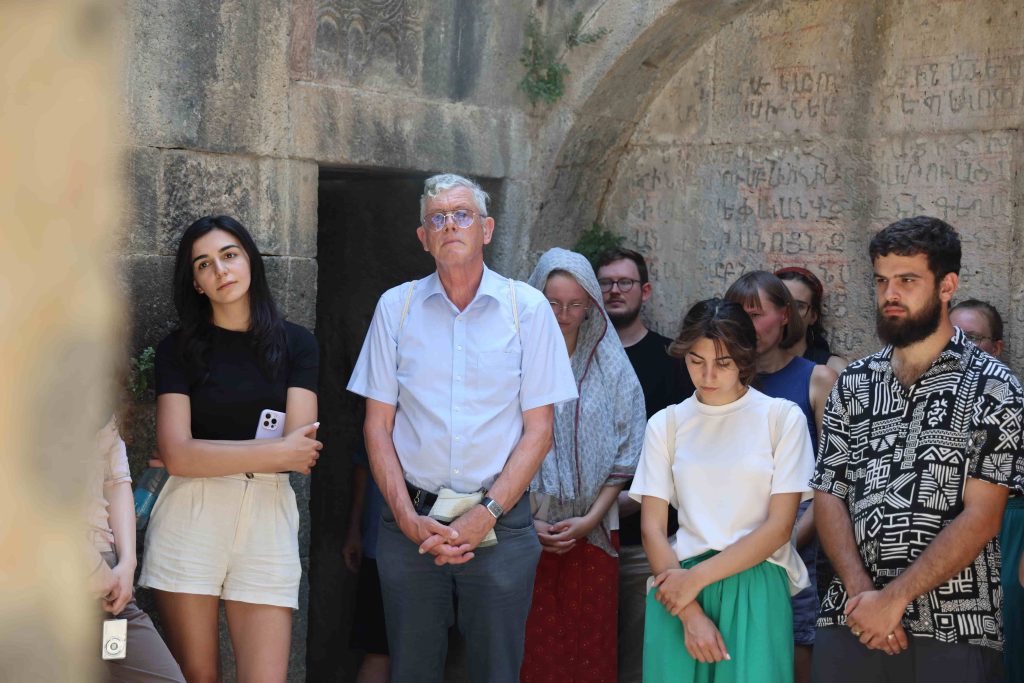
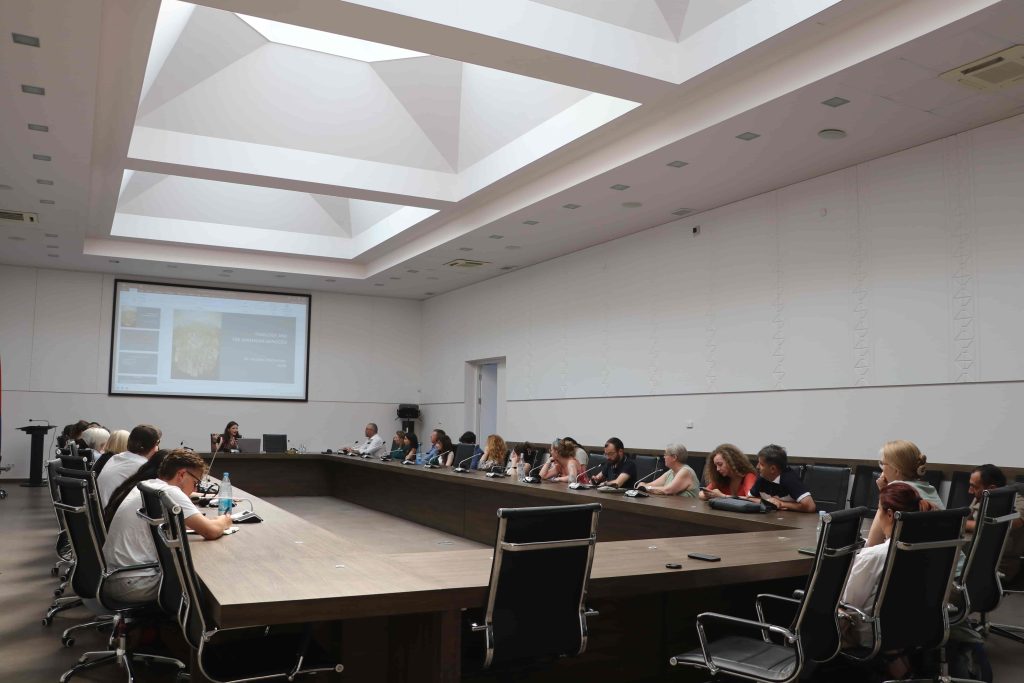
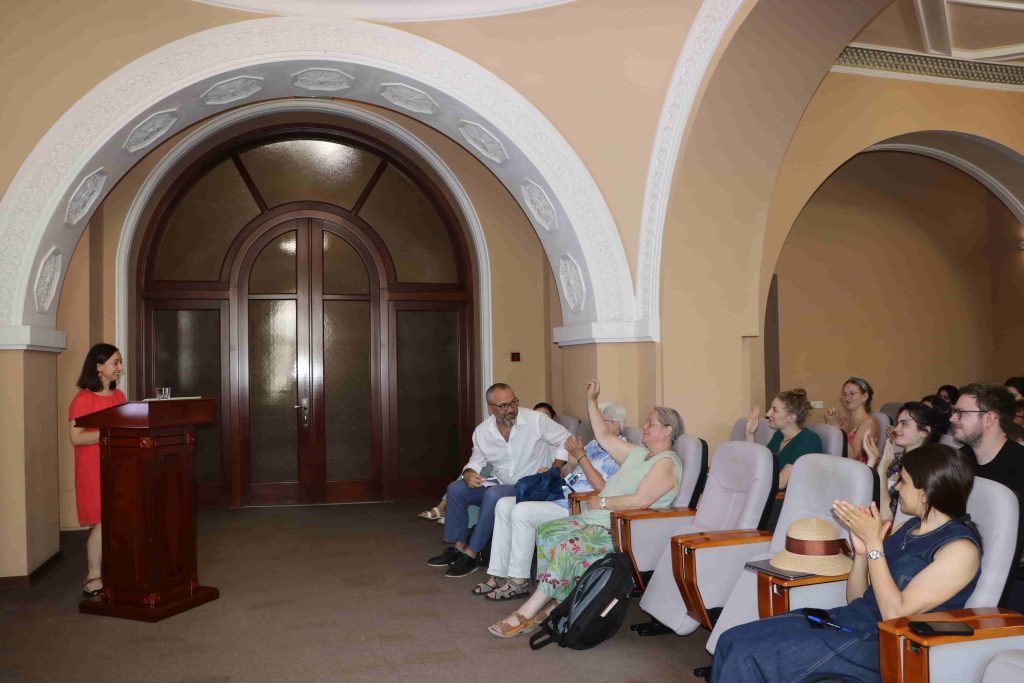
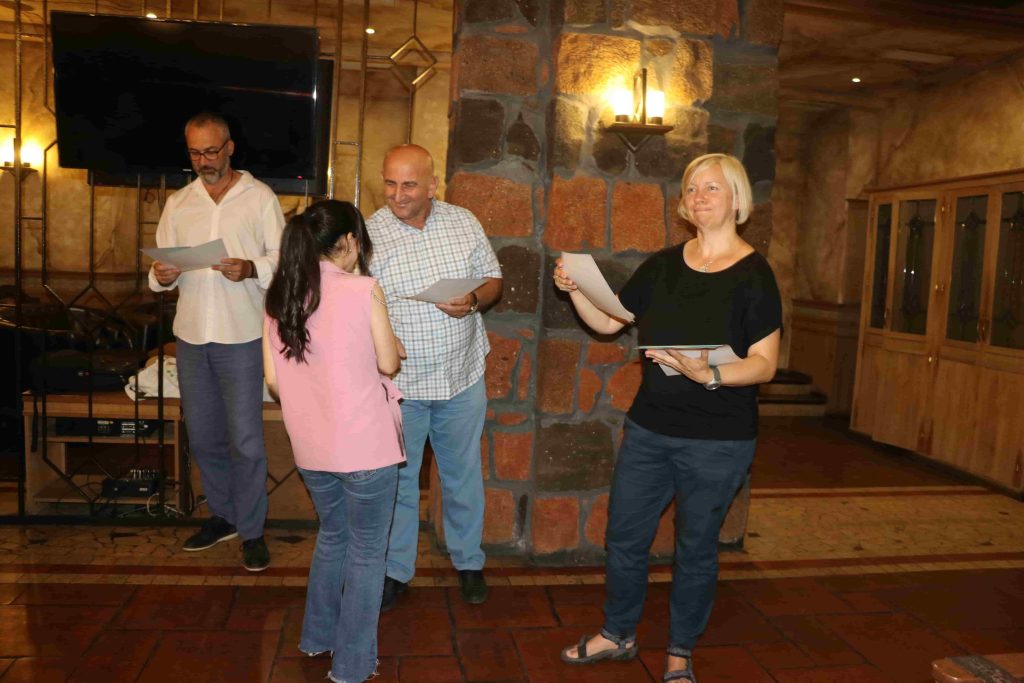
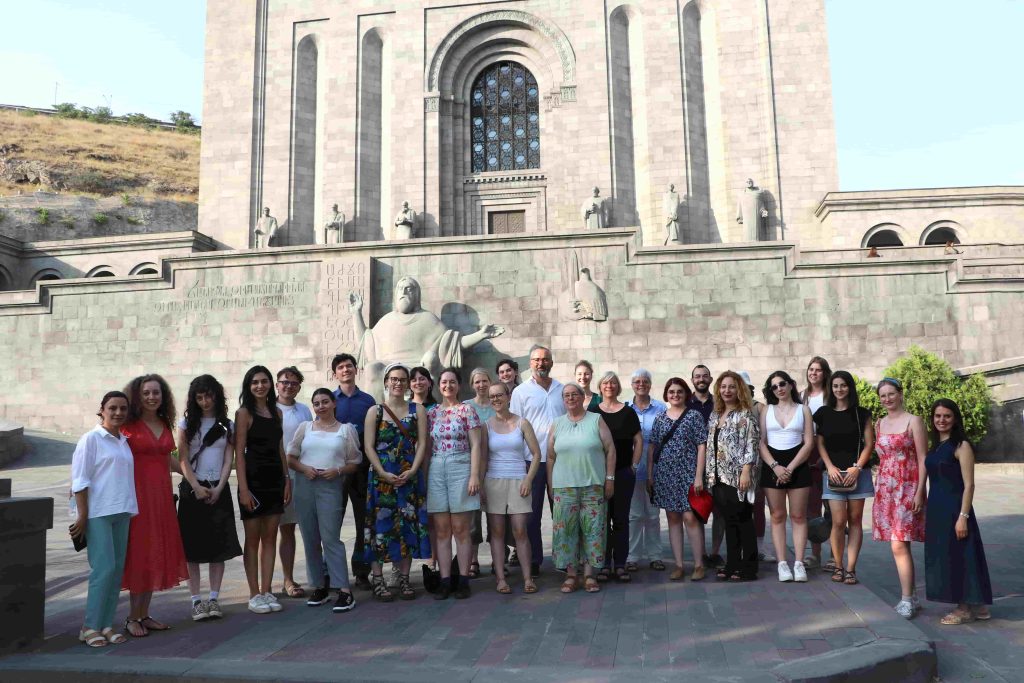
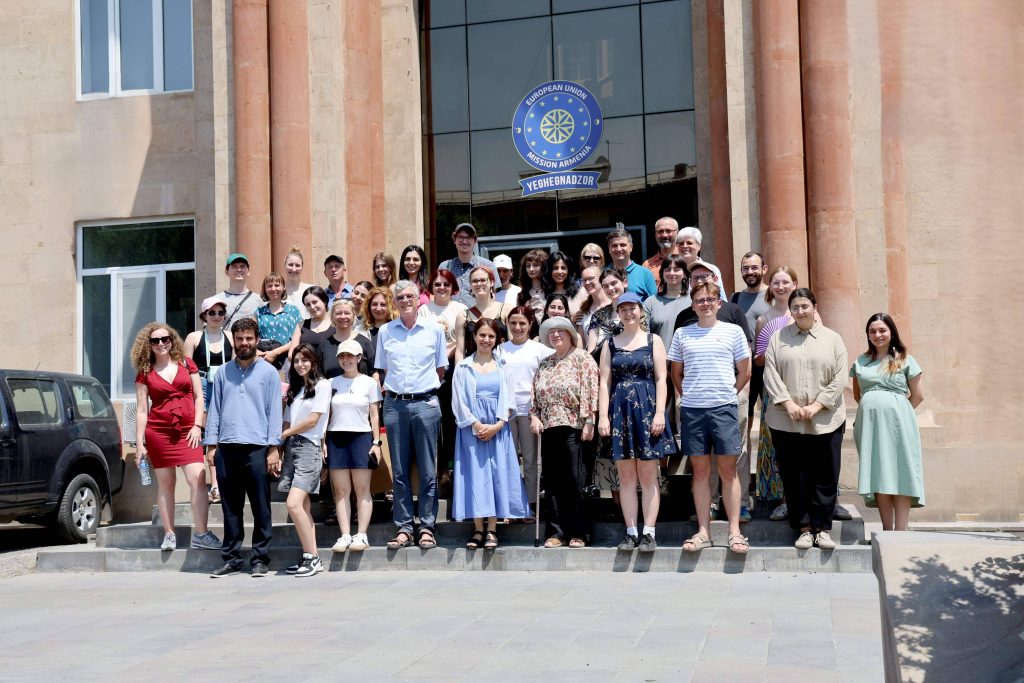


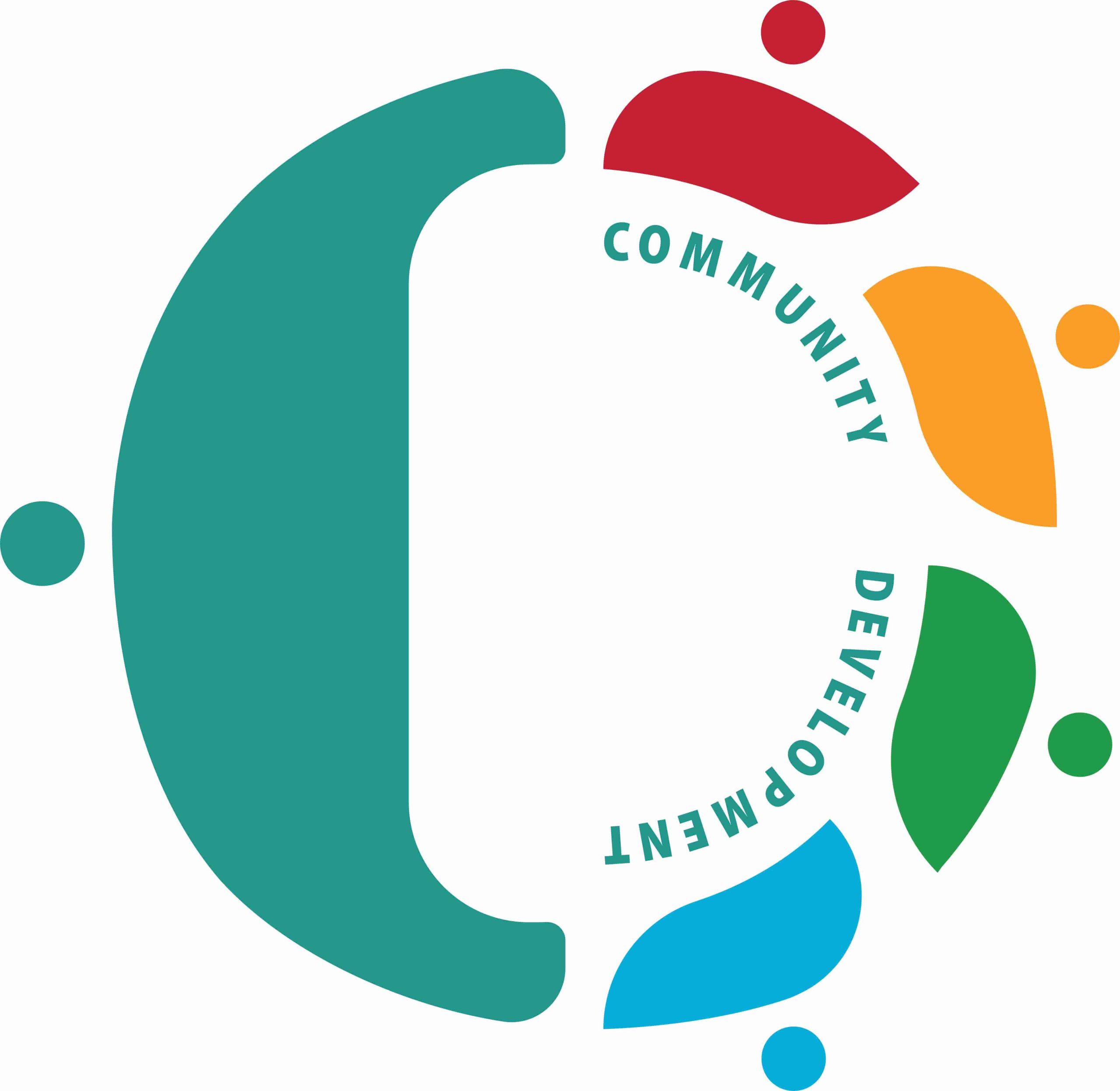
Reply